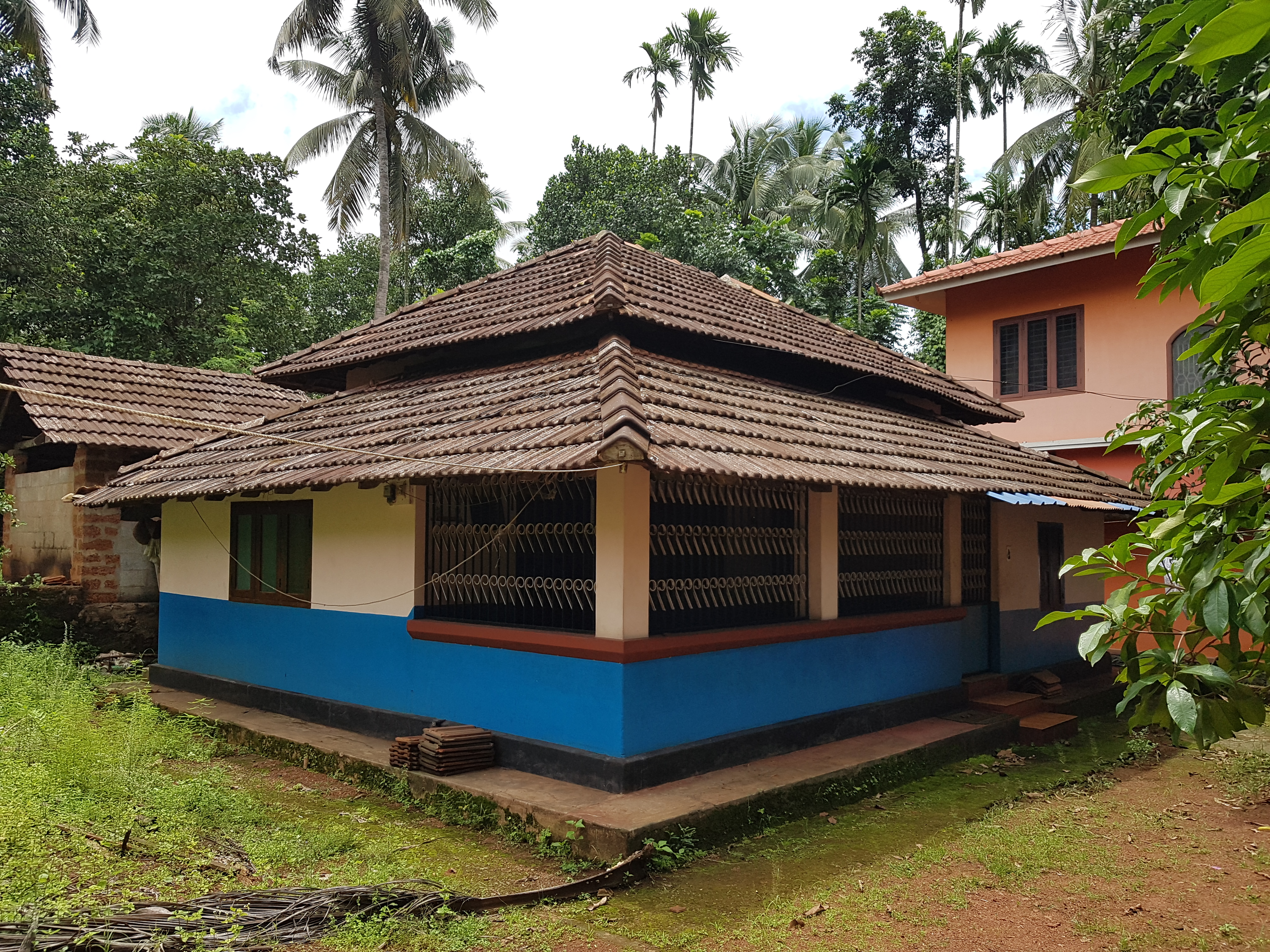Much of the narrative concerning the remarkable contributions made by the Muslims of the Indian sub-continent to the Ottoman Caliphate is dominated by events and personalities belonging to the Northern and Western parts of this vast region.
The contributions of the populace residing in what is now West Bengal and Bangladesh was equally great. Rather, the Muslims of this region were among the early pioneers in supporting the Khalifa.
The Muslims of the South, especially of the Malabar region had connections with the Ottoman Caliphs in the 18th and the 19th centuries, too. But, their active involvement in the struggle to ensure the Ottoman State and its ruler not be humiliated by the victorious Allied powers, led by the British, is a saga that has not been told in the manner matching the enthusiasm displayed and the extent of the sacrifices made by the zealous and brave inhabitants of this region who are called mappilahs or moplas.
In terms of lives lost during various demonstrations against the British by Muslims in support of the Ottomans, no people outside of Turkey can come even close to the numbers martyred in Malabar.
While Muslim and certain non-Muslim authors have paid glowing tribute to these brave-hearts, their mention has been rather obscured in most literature on the subject, especially in relative terms. Moreover, many British and Hindu writers have disparaged these sacrifices and the uprisings calling them as essentially an agrarian revolt and claiming it was violently anti-Hindu. Some historians have also levelled charges of wide-spread rape and forcible conversion of Hindus to Islam by the Khilafat leaders and their followers of this region.
These allegations had been agitating my mind from quite some time. I had been contemplating a personal visit to the area and meeting local historians to glean what the real facts were. Was eventually able to make the journey.
My Journey to the Land of the 1921 Mappila Uprising
From the 23rd to the 26th of August 2019, I spent three full days talking to nearly half a dozen authorities in the subject to gather their scholarly opinion.
To be specific, I met first with Dr. Hussain Randathani, who has written many books in Malayalam and English on the Mappilahs and articles on the leaders of the Mappilah Uprising, especially about Ali Musliyar who was one of the chief ideologues of the movement which strove to teach a lesson to the British for having dismembered the Ottoman Caliphate and indulged in intrigue through which they divested the Caliph of his control of the Holy Shrines of Islam in Makkah, Madinah and Al Quds.
I followed up this meeting with a one-on-one with Dr. Mustafa Kamal Pasha a renowned historian of the Malabar. The day after, I met up with professor KKN Kurup, former vice chancellor of Calicut University and an acknowledged authority on the Muslims of Kerala starting from the time of the Marrikars, the Arab naval chiefs of the zamorins of Calicut.
The same evening I met up with Dr. Nisar, a history lecturer in the Farook College, Calicut. Between these meetings, I also had the privilege to meet Dr. Auswaf Ahsan of Other Books, a major publisher of rare titles on the Mappilahs. Auswaf arranged for me to meet with Dr. Mohammed Basheeruddin (formerly Dr. Bhattacharya) who is an accomplished researcher in subjects related to the Western Coast of India.
Mr. Sameel Illikal, a prominent journalist with a leading Malayalam newspaper accompanied me to many of the historical sites connected to the Mappilah uprising, and showed me the graves of the martyrs of this struggle. He has independently researched obscure sites which contain the graves of martyrs who have been glossed over by many historians. He has personally met with a few of the descendants of the martyrs and documented how all male members of some families were killed in cold blood, leading the women to dig graves and inter the body of their loved ones all by themselves.
I have begun transcribing the audio recordings of the interviews and documenting other findings.
God willing, I will soon begin publishing brief summaries of my interviews and my own personal findings during the visit.
I am specially grateful to Mr. Sameel for facilitating my trip by arranging for his friend Mr. Ansif Habeeb to drive me to various locations in Mallapuram to meet with the acknowledged experts in this subject. Ansif was of immense help. I would never have been able to accomplish as much I did in such a short span of time without him. I am grateful to other friends like Abdul Wahid Sait who helped make my hotel bookings through his friend Mr. Hameed Kottakal.
Mr. Mustafa of Tirur, Mr. Anver Sadat of Vision Logistics have also been of help.


Leave A Comment